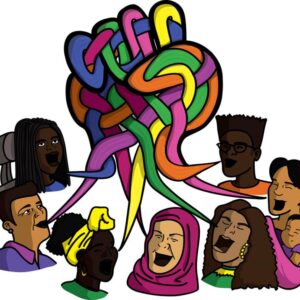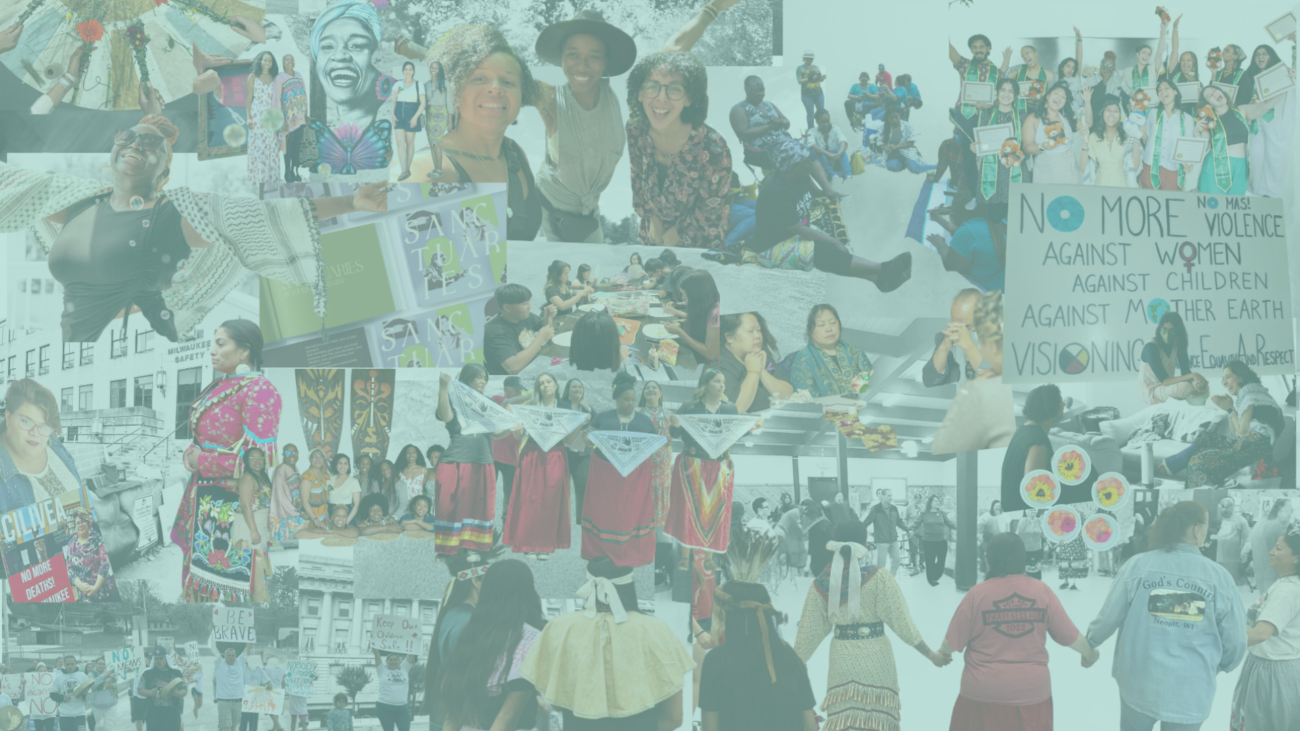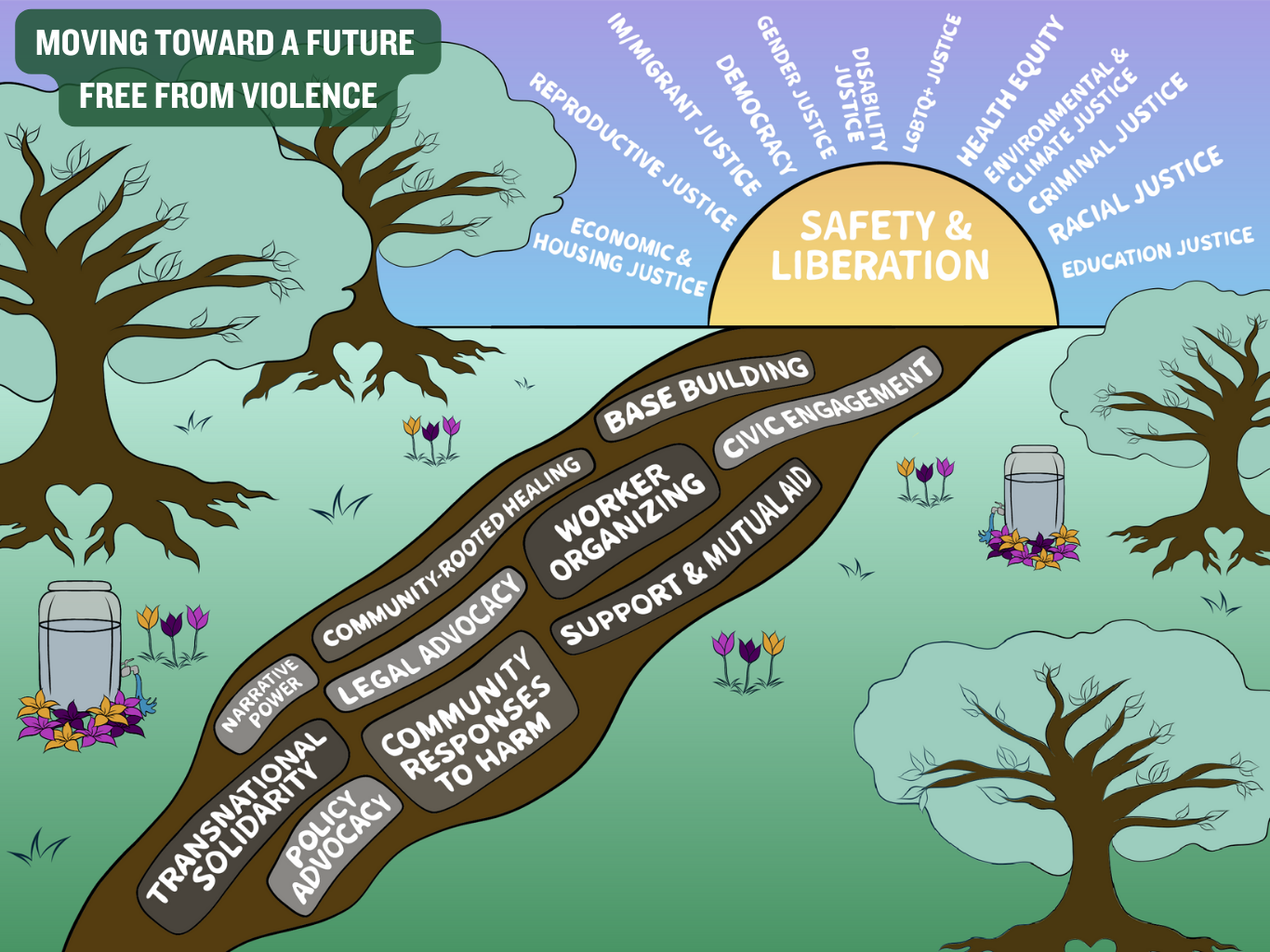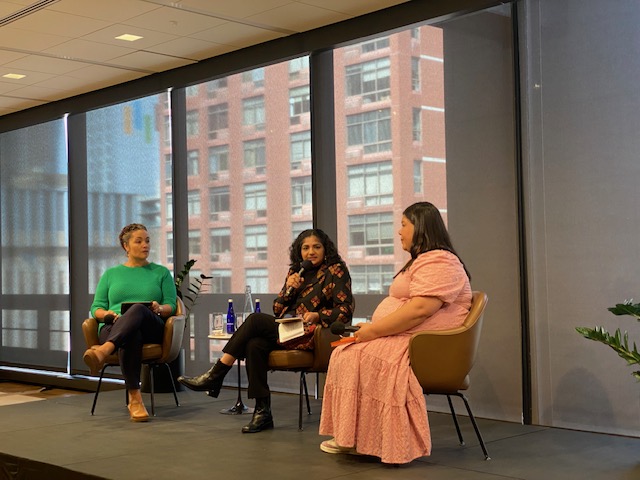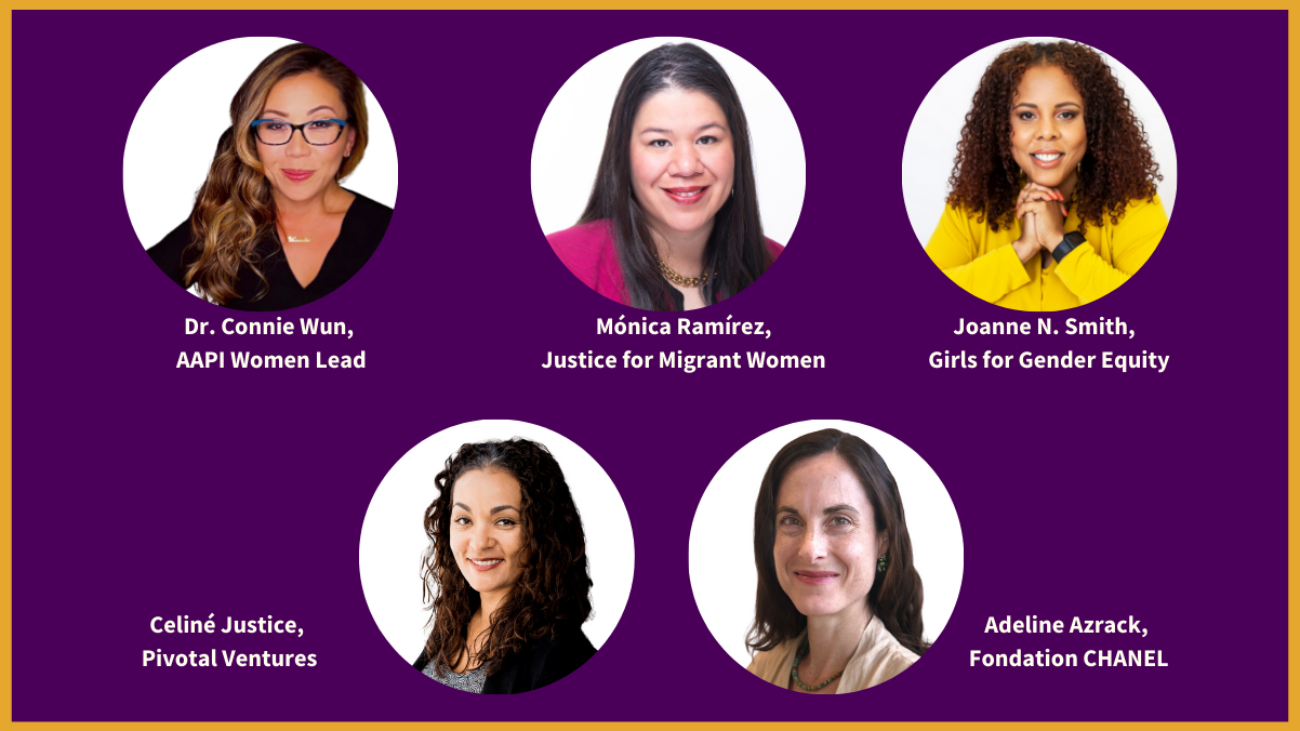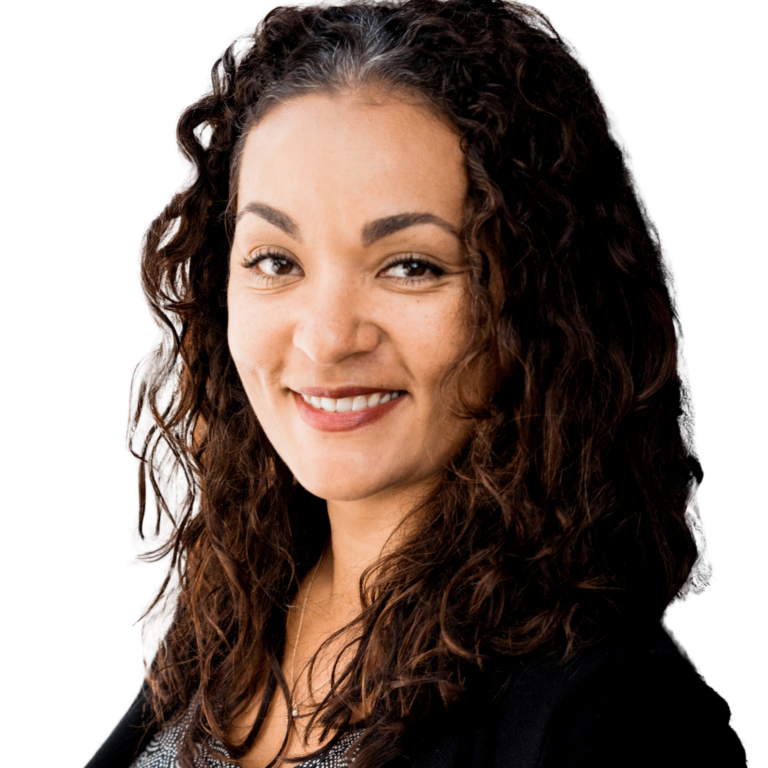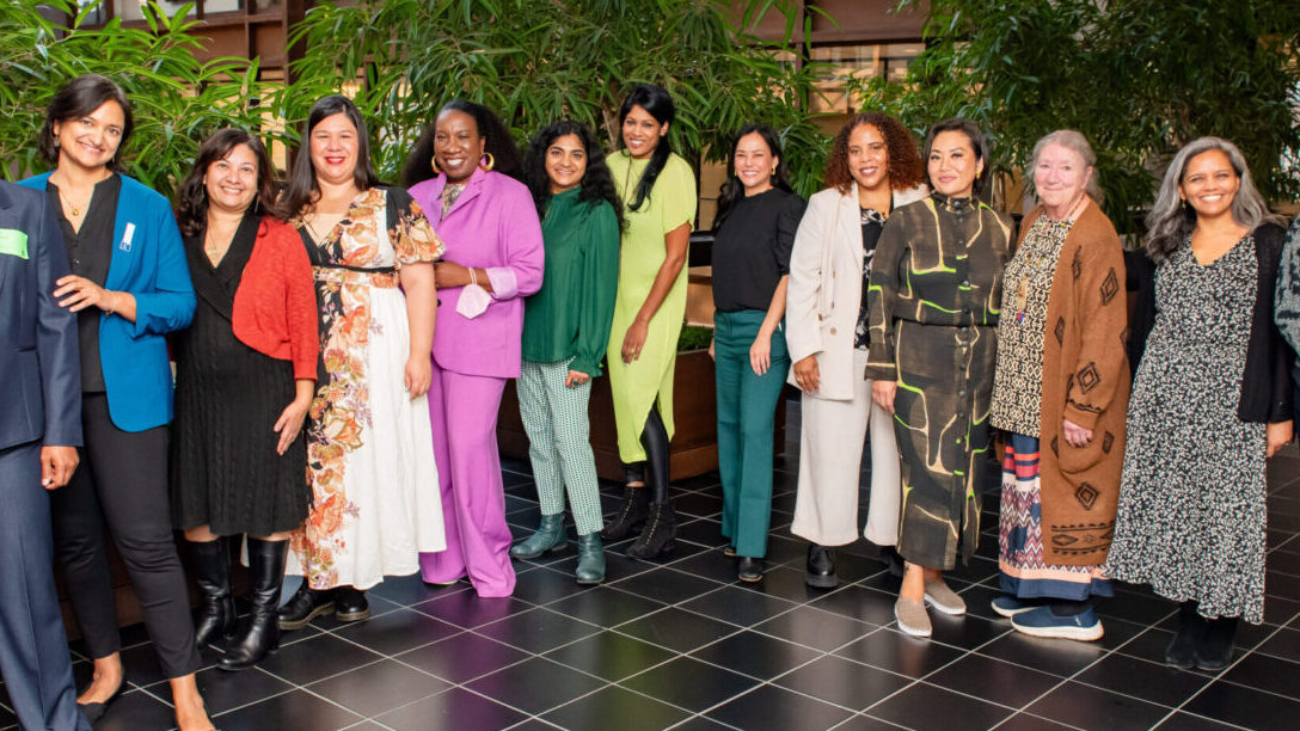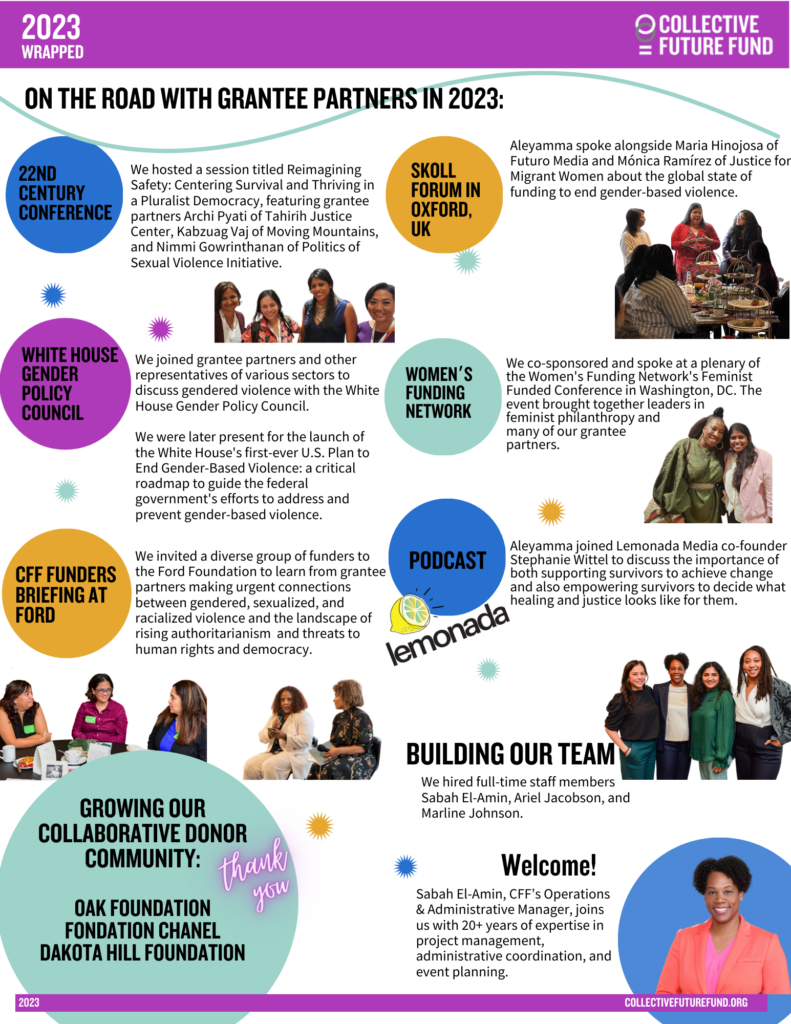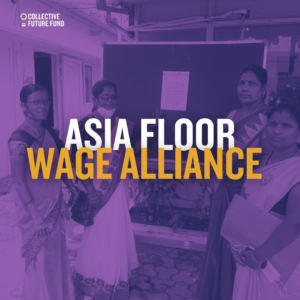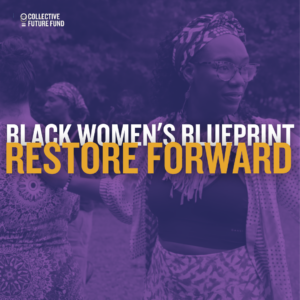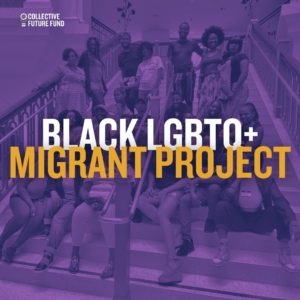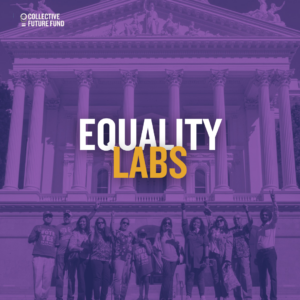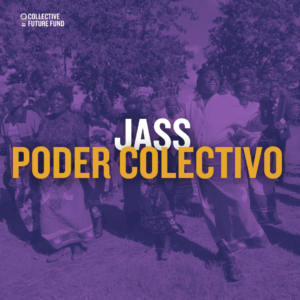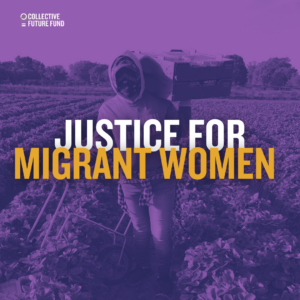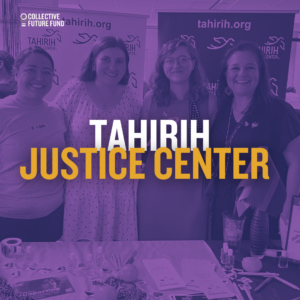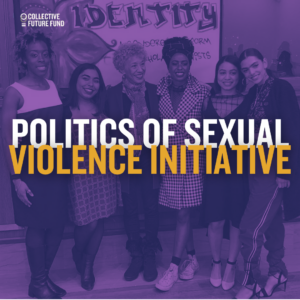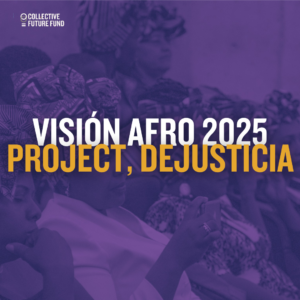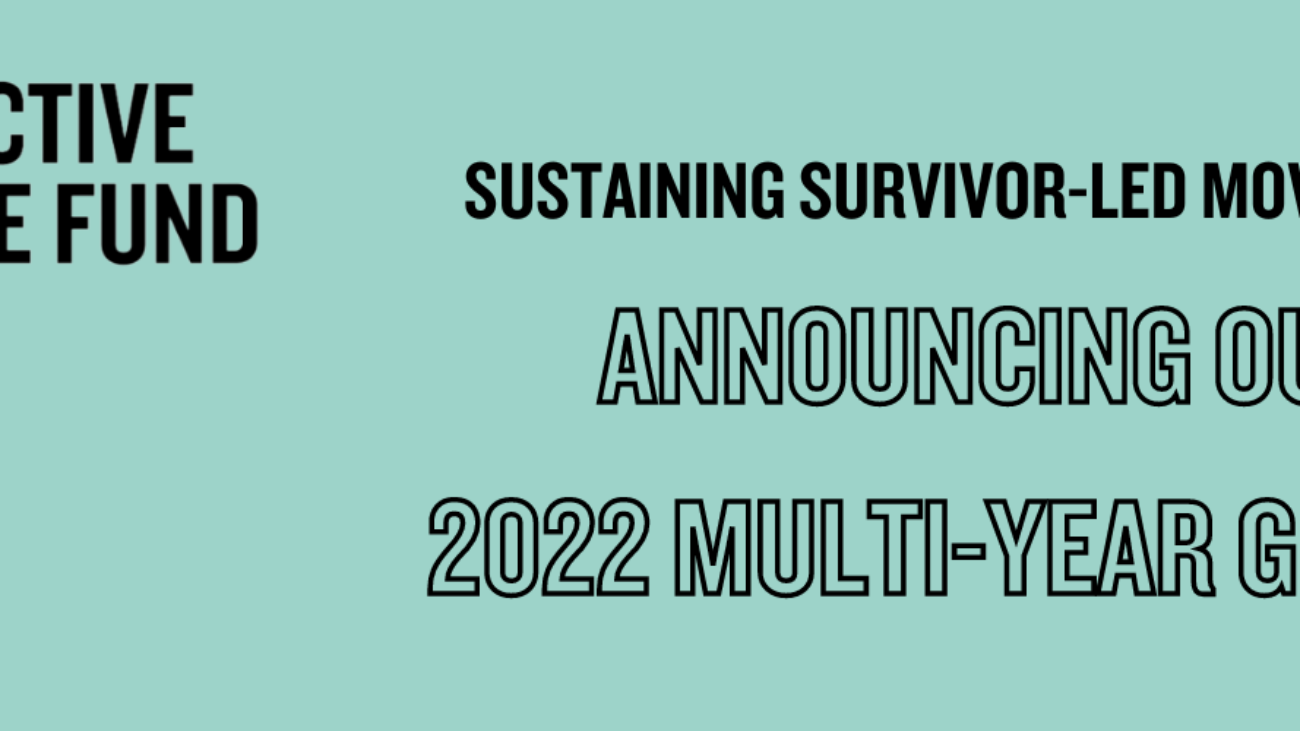Why we’re heading to the Sexual Violence Research Initiative Forum in Cape Town, South Africa
Living Our Labels
Being a pooled fund means we bring together diverse funders of different types and sizes, with different missions and entry points, toward a common purpose: resourcing the movement to end violence. Being an intermediary means we serve as a bridge, especially between donors and movements. And being feminist means we constantly engage with questions of power at every level.
Collective Future Fund receives new grant from Melinda French Gates
Collective Future Fund was named as one of the organizations selected by Melinda French Gates to receive a grant as part of the next chapter of her philanthropic giving.
Collective Future Fund Expands Multi-Year Grantmaking with Additional $3.4M Investment
Funding awarded to 29 grassroots organizations will advance survivor-led movements working to build power and end violence in all its forms
NEW YORK—Today, the Collective Future Fund (CFF) announced funding for 29 survivor-based organizations in the next phase of its multi-year grantmaking, totaling $3.4M over two years. The grants will support the healing and leadership of women and gender expansive people of color as they protect communities against an onslaught of attacks on human and civil rights, while advancing a new vision of safety and liberation through organizing, advocacy, and policy change.
“In the face of escalating and pervasive violence, survivors are developing new ways of resistance and leading us to a future grounded in safety, abundance, and dignity for everyone. It is their work that is dismantling interconnected systems of oppression and creating the transformative change required in this moment of political, social, and economic upheaval,” said Aleyamma Mathew, Director of the Collective Future Fund. “The solutions to the immense challenges we face will not be fully realized in a matter of a few years, but instead require time and resources to build. We urge philanthropy to better recognize this fact and to make investments in women and gender expansive people of color that reflect the power they have clearly demonstrated. Our collective future depends on it.”
Last year, after disbursing rapid response grants, CFF launched its first multi-year grantmaking effort to sustain survivor-leaders responding to multiple crises exacerbated by the COVID-19 pandemic. The funding came as many intersectional anti-violence organizations navigated dwindling philanthropic investment in the face of heightened need–an issue that long preceded 2020 and only continues to grow. The expanded docket announced today will provide these organizations with general operating support to plan beyond the most immediate crises, to align day-to-day work with their vision for the future, and to deepen relationships in the field that ultimately strengthen the movement to end patriarchal violence.
Today’s announcement follows the five year anniversary of the viral hashtag #MeToo, which ignited a historic conversation on the world stage about sexual violence and led to the creation of the Collective Future Fund as part of philanthropy’s response to this massive milestone. Since then, survivor-leaders have continued to demonstrate their power and centrality to other social justice movements, working in solidarity across communities and issue areas. Despite this, philanthropic investments remain stagnant, and CFF is now one of the only existing funds focused on ending gender-based violence in the United States.
Central to CFF’s strategy is the recognition that all forms of violence are persistent, interconnected, and mutually reinforcing – whether systemic or interpersonal. All grantees in this docket, of whom 22 are previous recipients, are advancing a new vision of radical safety and liberation through strategies that confront state violence, workplace violence, and violence in specific communities.
Among the awardees is Alianza Nacional de Campesinas, the first national women farmworkers’ organization in the United States created by current and former women farmworkers, along with women who hail from farmworker families. Alianza is composed of 15 member organizations in 20 states that are playing a leadership role in helping to end all forms of exploitation and abuse perpetrated against campesinas, most of whom are immigrants, guestworkers, or refugees. Another, Reclaiming Our Own Transcendence (RooT), is a Black and Brown, queer, grassroots-led initiative that offers transformative, collective healing and growth accountability spaces and workshops to address cycles of harm and violence.
Grantees include:
Acorn Center for Restoration and Freedom
Alianza Nacional de Campesinas
Black Girls Restored
Black Transcendence
Coalition for Restaurant Safety and Health
Colectivo Ilé
Creative Interventions/STOP
El/La Para Translatinas
Fireweed Collective
Free Hearts
HEAL Project
HEART Women & Girls
Healing to Action
In Our Names Network
Jahajee Sisters
Matahari Women Workers Center
Mirror Memoirs
MO Ho Justice
Mother Nation
National Black Women’s Justice Institute
Reclaiming our Own Transcendance
Restoring Justice for Indigenous Peoples
South Asian SOAR
Trans Resilience Fund
Transforming Generations
Vida AfroLatina
Visioning B.E.A.R. Circle Intertribal Coalition
Waking Women Healing
Women on the Rise
“Resistance against patriarchal violence, and healing through reclaiming our Indigenous ways of being is an everyday act for us as Indigenous women, girls, and Two-Spirit, that often goes unnoticed. To receive this funding through CFF means we are seen, heard, and valued. This funding is life saving, and ensures that we can continue to grow spaces of healing and resistance against sexual violence,” said Founder and Executive Director of Waking Women Healing Institute, Kristin Welch.
“CFF has been a pioneer in recognizing and alleviating funding barriers for BIPOC organizations that are doing the cultural work of ending sexual violence. This is long-term work requiring sustainable support, and CFF is modeling how it is done,” said Aredvi Azad, Co-Executive Director, The HEAL Project.
“CFF’s donation empowers Matahari to continue fighting for the rights of domestic and restaurant workers in Massachusetts through labor and community organizing. Workers in these sectors, particularly immigrant and women of color, have historically been left out of labor protections and subject to extreme forms of violence, exploitation, and oppression despite playing essentials roles in our society,” said the team at Matahari Women Workers Center.
“The survivors who called for an end to sexual violence in the wake of #MeToo are the very same leaders who are now protecting communities across the country from attacks on their fundamental human and civil rights,” said Jennifer Agmi, CFF Collaborative Partner and Senior Program Officer at The Libra Foundation. “We are proud to partner with the Collective Future Fund to resource this life-saving, transformative work.”
###
The Collective Future Fund brings together social justice movements, survivors, and donors to heal, resource, and mobilize towards a future free from all forms of patriarchal violence.
Our power comes from survivor-led movements
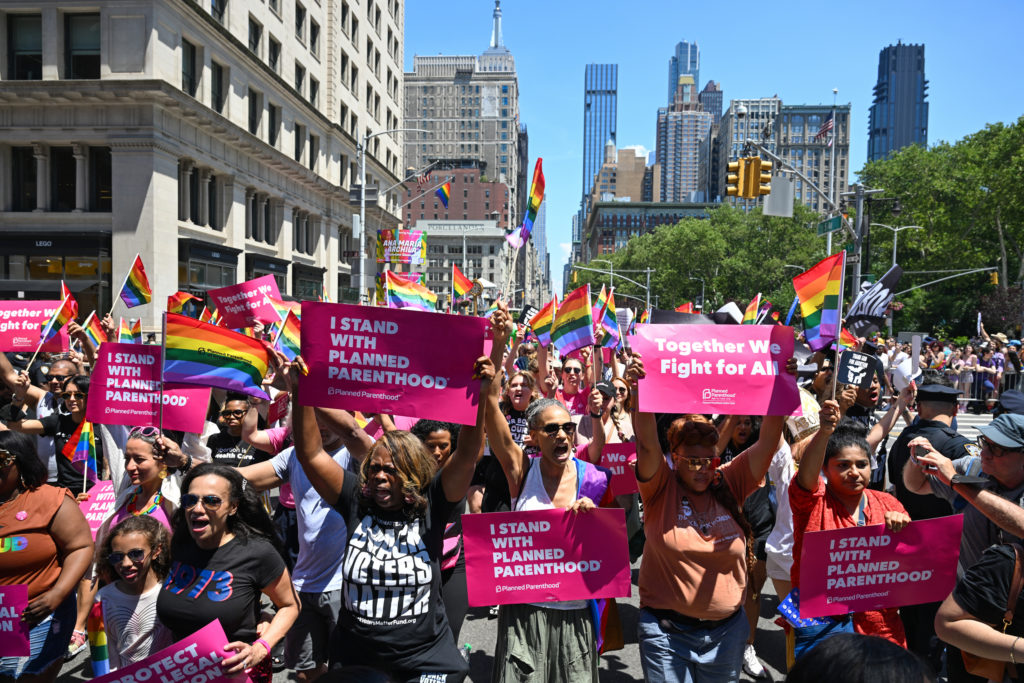
To our friends and supporters,
Collective Future Fund joins our community in grief and rage over the Supreme Court’s ruling to overturn Roe v. Wade. Criminalizing abortion only widens the net that is used to enact violence against women and gender expansive people of color in this country, and this decision will be catastrophic for survivors.
It also comes on the heels of a month filled with horrific violence: Buffalo, Uvalde, organized right-wing attacks on Pride events, the passage of transphobic legislation, rampant misogyny in the Depp-Heard trial, and more.
We are angry. We are mourning. But we are not resigned.
These attacks are the expected backlash to the power that survivor-led movements have demonstrated. They are meant to demoralize and immobilize us. But just like those came before us, survivors are prepared for this moment. They are creating and leading movements rooted in community care, providing us with a pathway to a better future. Now, philanthropy must resource survivor-led movements at the level they deserve and require.
We cannot disconnect the ruling that overturned Roe from the dismantling of the democratic process, mass shootings, ending the Child Tax Credit and unemployment benefits, increased police budgets, or the January 6th insurrection. Multiple systems are working together to oppress women and gender expansive people of color, seeking to prevent a future of safety, abundance, and liberation for everyone. If we hope to meaningfully address the multiple and severe crises this country is facing, philanthropic institutions must contend with white supremacy and heteropatriarchy as our true antagonists.
That means de-centering narratives that depict survivor-leaders as marginal and instead recognizing them as central to every social movement. It means following the wisdom of those who have been deeply in the work of building power for freedom: survivors of gendered, sexualized, and racialized violence, who know all too well what it means to have their lives subjected to the will of those in traditional authority roles.
We at Collective Future Fund are committed to doing this work. We will continue to invest in survivors because we know that a future free from violence can only be achieved through the power of those who are transforming experiences and legacies of trauma into collective action.
We hope that you will join us.
In solidarity,
Aleyamma Mathew
VAWA Reauthorization is a Testament to the Power of Survivors
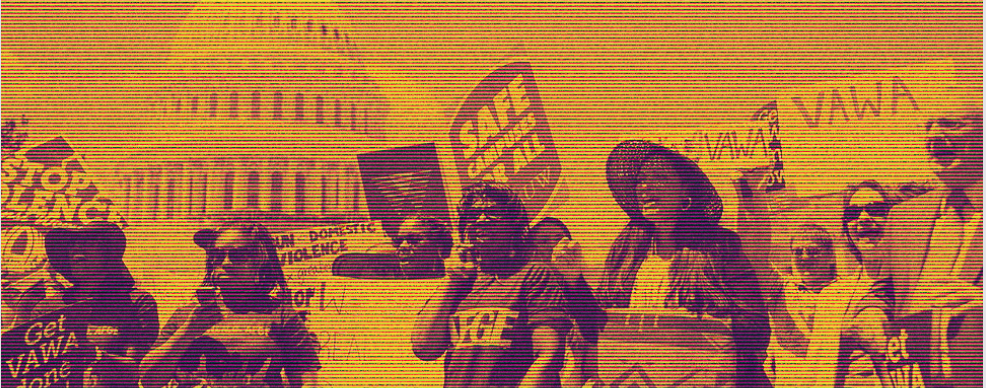
Partners & Friends,
After years of bold advocacy from diverse coalitions, yesterday President Biden signed an expanded version of the Violence Against Women Act (VAWA) into law. This overdue renewal will provide funding for organizations offering lifesaving programs, services, and resources to survivors of gendered and sexualized violence, including expanded provisions for those who have long been invisibilized yet disproportionately impacted like Indigenous, immigrant, and trans women. These much needed funds will go a long way, and we have survivors from communities across the country to thank for it.
As we celebrate this victory, we cannot forget the fact that the original VAWA was passed under the premise that carceral responses to domestic violence keep us safe. Our grantee partners, many of whom are often the first line of defense in their communities, have made it clear: an increase in funds for policing is just further investment in a violent system that harms survivors, instead of supporting them. To end increasingly pervasive gendered and racialized violence, we must resource the community-rooted solutions that truly keep us safe.
Collective Future Fund calls on philanthropy to reject narratives that define violence narrowly as individual, interpersonal acts and instead recognize the scale and interconnectedness of violence as experienced by survivors. We cannot disconnect domestic and sexual violence from the overarching crises of state violence — mass incarceration, police brutality, family separation, the imprisonment of sexual assault survivors for acts of self-defense — that disproportionately harm survivors of color.
Philanthropic donors should fulfill their commitments to racial and gender justice and meet this historic moment by funding the organizations led by survivors, QTBIPOC women and gender expansive people that are cultivating community, building impactful movements, and sustaining transformational work.
We look forward to joining together with you in this work.
In community,
Aleyamma Mathew
